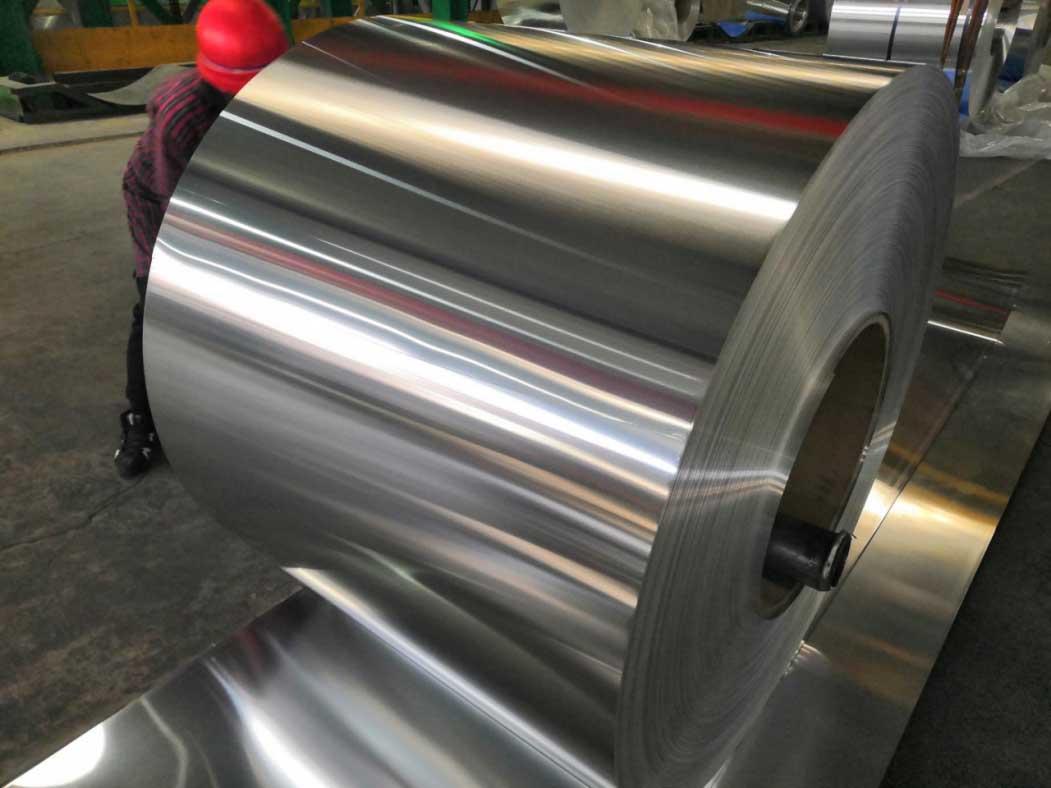Aluminum's density is a fundamental property that contributes to its wide application
The density of aluminium is a fundamental property that contributes to its widespread use. Його низька щільність робить його кращим вибором для легких конструкцій, покращена економія палива та зменшений вплив на навколишнє середовище.
Density tables for different aluminium alloys highlight the diverse options available to different industries, demonstrating the adaptability and versatility of this extraordinary metal.

Factors affecting aluminium density
Alloying elements: The density of aluminium alloys can change due to the addition of alloying elements. Мідь, magnesium and silicon are common elements that can alter the density of aluminium alloys and enhance their specific properties.
Heat treatment: Different heat treatment processes can alter the density of aluminium alloys. Annealing, quenching and precipitation hardening techniques can affect the arrangement of atoms and lead to changes in density.
Table of densities of different aluminium alloys
In order to provide a comprehensive reference, a table showing the densities of various aluminium alloys is provided. The data have been compiled from the above sources and other reputable references:
| сплав | Щільність |
|
| (г/см³) | фунтм / в3 | |
| Алюміній 1100 | 2.710 | 0.098 |
| Алюміній 2024 | 2.780 | 0.100 |
| Алюміній 3003 | 2.730 | 0.099 |
| Алюміній 4047 | 2.660 | 0.0961 |
| Алюміній 5052 | 2.680 | 0.097 |
| Алюміній 5083 | 2.660 | 0.096 |
| Алюміній 6061 | 2.700 | 0.098 |
| Алюміній 7075 | 2.810 | 0.101 |
| Алюміній 8011 | 2.710 | 0.097 |
(Примітка: The values provided are approximate and may vary slightly depending on the specific manufacturing process and composition.)
From the above table, we can see that the density of aluminum of different alloys is different:
1. 5xxx and 6xxx series alloys are the lightest, because magnesium is the lightest of the main alloying elements
2. Наприклад, the density of the 1xxx series alloys is closer to that of pure aluminum; in fact, alloys in this series are considered to be 99% pure commercial aluminum.
3. Alloys in the 7xxx series and 8xxx series can produce densities as high as around 2.9 kg/m3. Алюміній 7075, in particular, has a density of 2.81 г/см³, which is higher than other alloys. As such, 7075 aluminum offers one of the highest strength aluminums available (its ultimate tensile strength is almost double that of the popular 6061 алюміній).
4. 4xxx series alloys (whose main alloy composition is silicon) can produce a density lower than that of pure aluminum by 2.7 г/см³. In certain amounts, silicon causes a reduction in the specific gravity of aluminum.
5. 3xxx series alloys (whose main alloying component is manganese) can produce a density slightly higher than that of pure aluminum, який 2.7 г/см³. The density of manganese tells that of aluminum.
This page will tell you ‘Чому різні алюмінієві сплави мають різну щільність?’.

Applications of Different Aluminum Alloys
Each aluminium alloy has unique properties that make it suitable for a variety of applications. The following are some noteworthy examples:
- Алюміній 1100: widely used in general manufacturing and chemical equipment due to its excellent corrosion resistance and formability.
- Алюміній 2024: commonly used in aerospace structures due to its high strength to weight ratio.
- Алюміній 3003: often used in sheet metal applications and cookware due to its good formability and corrosion resistance.
- Алюміній 5052: ideal for marine and chemical environments due to its high resistance to salt water corrosion.
- Алюміній 6061: versatile alloy for a wide range of applications, including structural components, automotive components and consumer electronics.
- Алюміній 7075: renowned for its high strength and used in aerospace applications, sporting goods and high performance machinery.
- Aluminium Magnesium 5083: offers excellent corrosion resistance and is commonly used in the marine and shipbuilding industries.
- Aluminium-Silicon 4047: mainly used in brazing and welding applications due to its excellent fluidity and corrosion resistance.
- Aluminium Lithium 2099: lighter in weight and more rigid for aerospace and defence applications.
